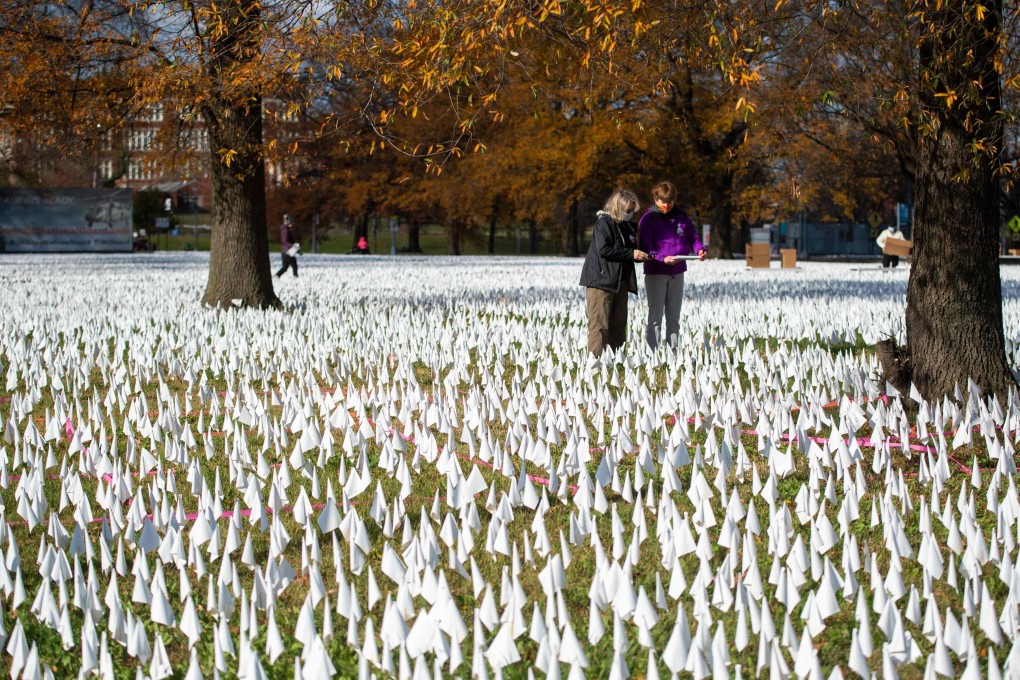Opinion | Coronavirus US: a society that puts the individual before public health lacks common sense
- In China, the sense of community is strong, with people working collectively to fight an indiscriminate threat. But, in America, religious and personal freedoms loom large
- A society that is losing 3,000 lives a day to Covid-19 lacks the intelligence grounded in the reality of life

Serious news organisations in the United States have been avoiding the obvious question: is there anything that America can learn from China – as far as saving lives is concerned?
The consensus behind this dodging is as subtle as it is deep-seated. One is an authoritarian nation, while the other is a leader of the free world. There is no moral equivalency, as the saying goes. Sporadic reporting on China’s experience in battling Covid-19 is cast as exotic tales from a remote land.
But, at no time did I get even slightly concerned that the virus might spread out of control. If I had any concern over the Shanghai government’s handling of the cases, it was that there would be overzealous citywide mass testing, which rightfully did not happen, or quarantine requirements for travellers from Shanghai to other parts of China.

07:07
The places that successfully contained Covid-19 and why others are not following their lead
Yet, at a time when Pudong was a hotspot, I travelled four hours west of Shanghai by high-speed train. Except for using a QR code on my phone to alert the local authorities upon arrival and disclosing my place of residence to the hotel staff, my trip went on as usual.
